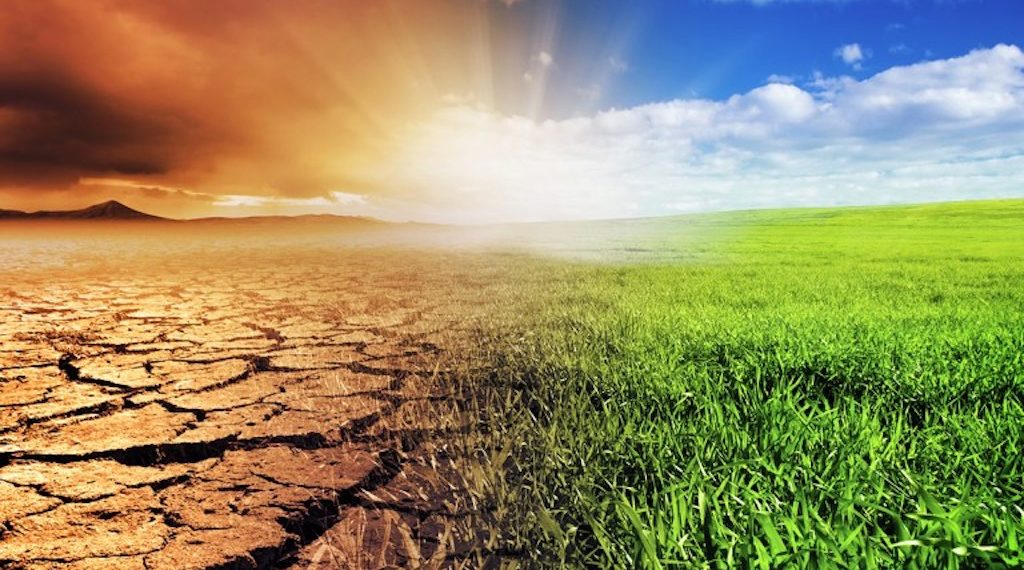
Climate change has become a serious concern around the world in recent years. Such as increasing temperatures, extreme weather events, sea level rise and changes in ecosystems. These factors negatively affect natural life and human health. In this article, we will examine the effects of climate change on health in detail.
Temperature Increase and Heat Related Health Problems
Heat Related Diseases:
Rising temperatures increase the frequency of heat stroke and heat-related illnesses. Such diseases pose a risk especially for the elderly, children and individuals with chronic health problems.
Respiratory Problems:
High temperatures can accelerate the formation of air pollutants. This can increase the spread of asthma and other respiratory diseases.
Water Quality Problems:
Increasing temperature leads to warming and pollution of water resources. This can lead to the spread of waterborne diseases.
Extreme Weather Events and Emergencies
Storms and Floods:
Climate change increases the likelihood of more intense rainfall and frequent storms. This increases the risk of floods, landslides and other natural disasters.
Drought:
Drought can cause agricultural products to decrease and water resources to decrease. This can lead to food insecurity and hunger.
Heat Waves:
Extreme heat waves can increase the risk of heart attack, dehydration and death.
Increase in Air Pollutants
Air Quality Problems:
Climate change may increase air pollution. Air pollutants can cause respiratory diseases and cardiovascular problems.
Pollen Season Length:
Longer heat periods lead to a longer pollen season. This can lead to increased allergic reactions and asthma attacks.
Food and Water Insecurity
Decrease in Agricultural Products:
Climate change may cause agricultural products to decrease and food prices to rise.
Water Scarcity:
Increasing temperature can lead to a decrease in water resources. This can cause drinking water supply and sanitation problems.
Malnutrition:
This change may cause foods with reduced nutritional value to become more common in some regions.
Vector Carrier Diseases
Mosquitoes and Zika Virus:
Climate change expands the range of mosquitoes. It contributes to the spread of vector carrier diseases such as Zika virus.
Temperature and Epidemics:
Increasing temperature can accelerate the proliferation of some pathogens. This may increase the frequency of outbreaks.
Protecting Human Health Against Climate Change
Climate change creates a number of negative effects on human health. Such as temperature increase, extreme weather events, air pollution, food and water insecurity, and vector carrier diseases. These factors strain health systems and negatively affect people’s quality of life. Therefore, efforts to combat and adapt to climate change are critical to protecting human health. Transitioning to green energy sources, reducing greenhouse gas emissions and strengthening health system preparedness. Such measures can play an important role in overcoming this problem.